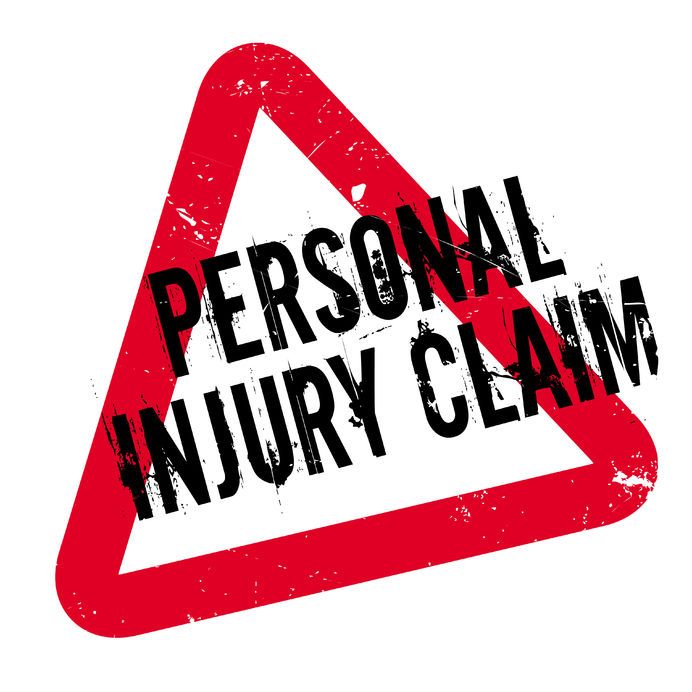
Reasonable Person Standard | Personal Injury Claim
Applying the Reasonable Person Standard in a Personal Injury Claim
A personal injury claim often hinges on whether or not the plaintiff’s legal team can demonstrate that the plaintiff was harmed due to the actions of the defendant. Part of that process often means proving that the defendant did not act as a person in the same or similar circumstances would be expected to act. To help prove this point, attorneys rely on the reasonable person standard.
This standard establishes a basis against which a defendant’s actions can be compared. Even though the “reasonable person” is fictitious, the comparison helps jurors visualize the situation and the corresponding actions in context.
Using the Reasonable Person Standard in a Personal Injury Claim
Proving negligence using the standard requires the plaintiff’s attorney to demonstrate how a reasonable person would have behaved in similar circumstances and how the defendant’s failure to do so caused injury to his or her client. To prove this, the attorney must demonstrate:
- That the potential for harm was foreseeable.
- That the defendant was aware or should have been aware that his or her actions or inactions were wrong.
- The alternative actions that a reasonable person in the same or similar situation would have taken.
If the attorney is unable to prove the points listed above, then the plaintiff may lose their opportunity to obtain compensation for their injuries.
Claims Where the Standard is Commonly Used
There are two types of injury claims that often apply the reasonable person standard: car accident claims and property liability claims.
- Car Accident Claims. Proving liability in these claims often relies on proving that a “reasonable person” would not have driven as the defendant did. A reasonable person would not endanger him or herself or others, but the defendant did. Therefore the defendant did not meet the reasonable person standard and should be held liable for the accident damages and injuries suffered.
- Property Liability Claims. These are often slip and fall cases or other injury claims where a person is injury at a place of business due to the property owner’s negligence. A reasonable person would take steps to maintain the business by fixing known hazards, cleaning up spills or wet floors, replacing broken lights, providing security for the safety of visitors, etc.
Representation in a Personal Injury Claim
Applying the reasonable person standard in a personal injury case requires the help of an experienced personal injury attorney. Our team has decades of experience handling personal injury claims in Wisconsin and securing compensation for our clients.
Find out if you are eligible to pursue a personal injury claim by arranging a free consultation with Eisenberg Law Offices. Schedule your consultation by calling 608-256-8356 or emailing info@eisenberglaw.org.







